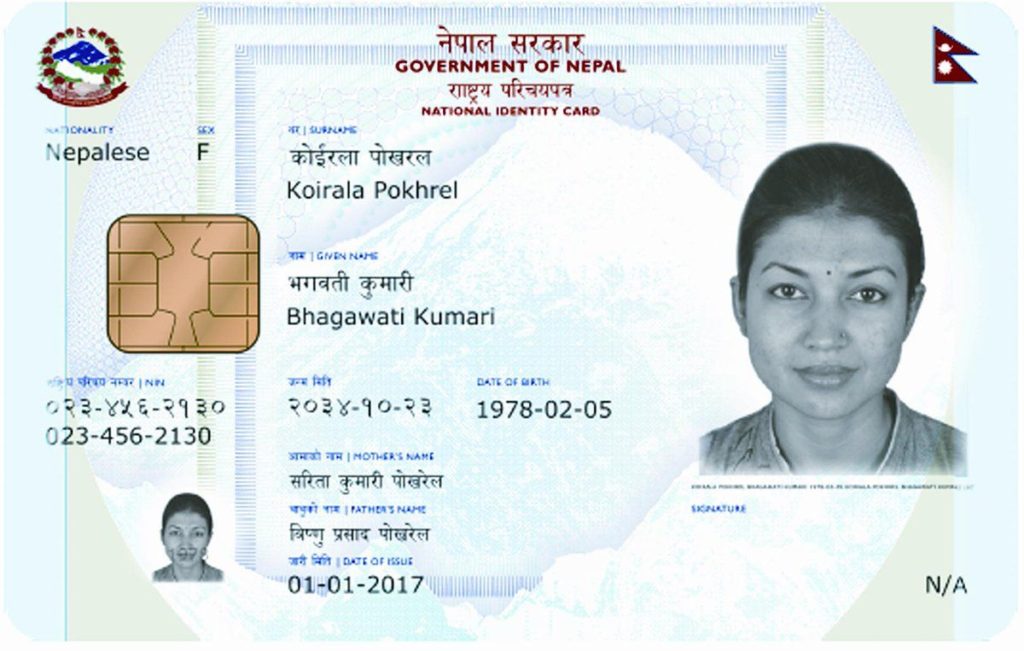Only national ID card holders can take medical entrance exams now

Kathmandu / Aug. 9: In order to prevent imposters from appearing in the medical entrance examinations, the Medical Education Commission is preparing to make national ID cards mandatory for the candidates in the upcoming entrance examination.
After imposters were found in the previous exams, the commission, in collaboration with the Ministry of Home Affairs and the Commission for the Investigation of Abuse of Authority, said at a press conference organized by the commission on Monday to make the medical entrance exam more dignified and orderly. Director of the Directorate of Standards and Accreditation of the Commission, Dilip Sharma said that this system will be implemented in the entrance exam that will be conducted from next February.
“Five imposters were found in the entrance exam conducted this time. If the medical admission is wrong, the education achieved by that student is wrong. The treatment done by such a doctor would also be wrong,” Director Dr Sharma told Republica, “This is why the commission has already made national identity cards mandatory in collaboration with the commission and the home ministry,” He added, “This provision will be applied to the medical entrance exams to be conducted in the coming year.”
According to the Commission’s Vice chairman Dr Sri Krishna Giri, the commission believes that because three copies of details will be filled in the identity card, at least the admission of imposters in medical education will be stopped. He mentioned that after the commission started conducting exams for students going to study in foreign educational institutions as well, the trend of going abroad for medical studies has decreased.
According to the data presented by Director Sharma, within the last four years since the commission started conducting the entrance examination, only 1,479 students have officially gone abroad to pursue medical education.
“There is an arrangement that only those students who pass the entrance exams taken by the commission can get an NOC from the Ministry of Education to study in foreign educational institutions,” Director Sharma said, “In the past, about 2,000 students would go abroad to study medicine every year, but in the last four years, only 1,479 students have taken permission from the commission to study at foreign educational institutions. This has proved the fact that qualified and capable students are going abroad for medical studies.”
In addition, for the first time, the commission has announced the funds provided to universities for free study on medical scholarships.
The commission released the data on Monday that a total of over Rs 1.454 billion has been disbursed to 18 colleges from 2076/77 to 2078/79.
Number of foreign students coming to Nepal to study medicine decreasing
According to the commission’s Vice President Dr Sri Krishna Giri, 2,200 seats have been legally arranged for foreign students for medical education in 16 subjects in Nepal. But this time only 241 foreign students have been admitted. According to him, 239 have been admitted to MBBS and one each in BDS and BPharm courses. “It was seen that the quota of 2,200 foreign students in the Commission Act is limited to the Act,” Vice President Giri said, “So far only 241 have been admitted including in MBBS, BPharm and BDS. Even though there are more seats for foreign students, their interest to study medicine in Nepal has been declining.”
